When there's a war, people get married
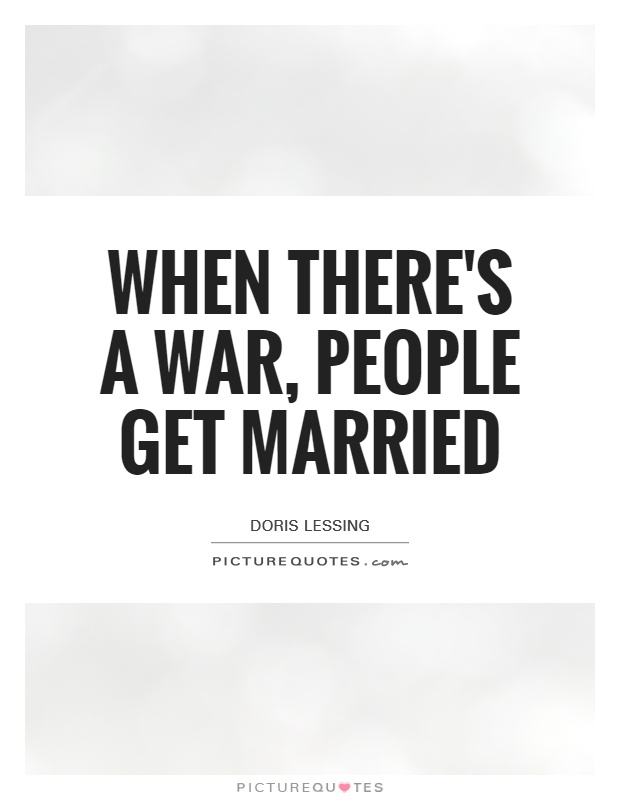
When there's a war, people get married
Doris Lessing, a renowned British writer, is known for her insightful and thought-provoking exploration of human relationships and societal norms. In her works, she often delves into the complexities of love, marriage, and the impact of external forces such as war on these relationships. One recurring theme in Lessing's writing is the idea that when there is conflict or upheaval in society, people often turn to marriage as a way to find stability and security.Lessing's observation that "when there's a war, people get married" speaks to the human desire for connection and companionship in times of uncertainty and chaos. In times of war, the world is often in a state of turmoil, with people facing fear, loss, and upheaval. In such circumstances, the idea of finding a partner to share the burden and navigate the challenges of life becomes even more appealing.
Marriage, in Lessing's view, is not just a personal choice but also a response to external circumstances. In times of war, the need for emotional support and companionship becomes more urgent, leading people to seek out relationships that offer stability and security. The act of getting married can be seen as a way for individuals to create a sense of normalcy and continuity in the midst of chaos.
Lessing's exploration of the impact of war on relationships also highlights the ways in which external forces can shape and influence personal choices. In times of conflict, societal expectations and norms around marriage may change, with individuals feeling pressure to conform to traditional roles and expectations. The decision to get married in such circumstances may be driven by a desire to fulfill these expectations and find a sense of belonging and purpose in a world that is in turmoil.
Overall, Lessing's observation that "when there's a war, people get married" offers a poignant reflection on the ways in which human relationships are shaped by external forces and the universal desire for connection and stability in times of crisis. Through her insightful exploration of this theme, Lessing invites readers to consider the complex interplay between personal choice and societal expectations in the context of war and conflict.

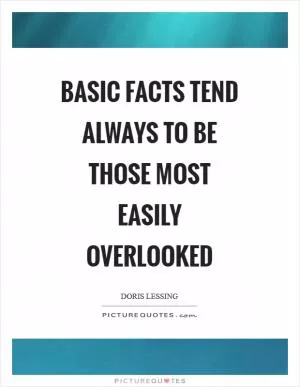
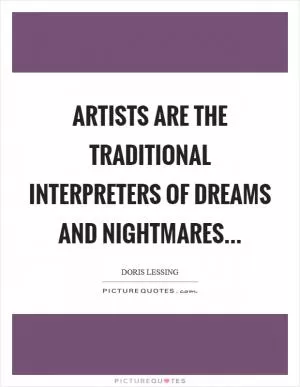
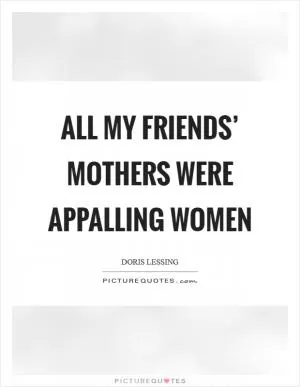

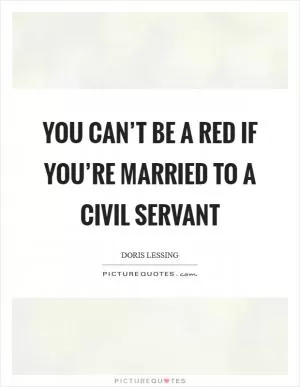
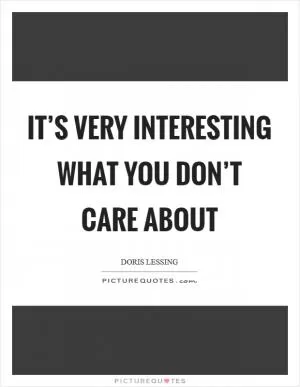
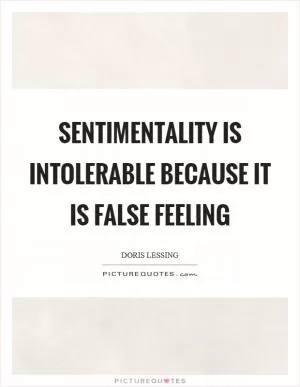
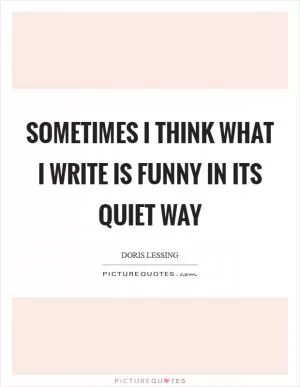
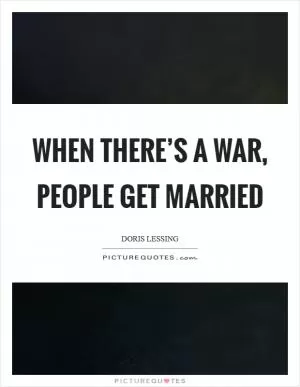

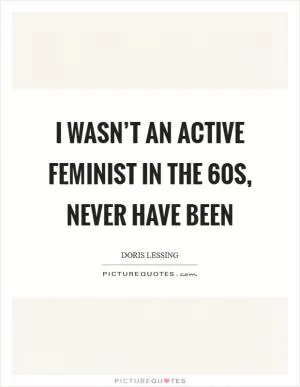
 Friendship Quotes
Friendship Quotes Love Quotes
Love Quotes Life Quotes
Life Quotes Funny Quotes
Funny Quotes Motivational Quotes
Motivational Quotes Inspirational Quotes
Inspirational Quotes